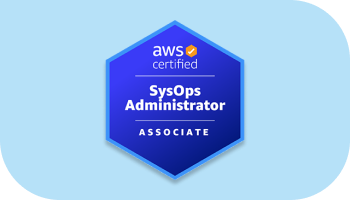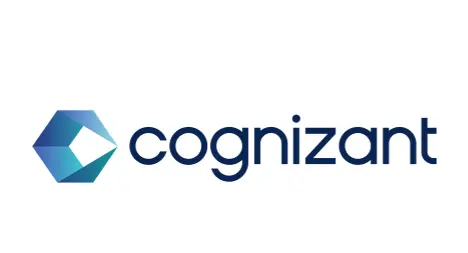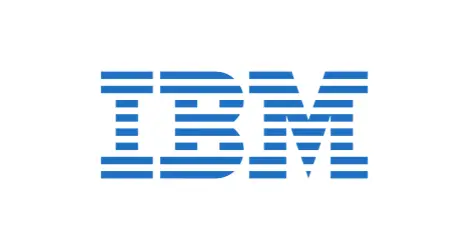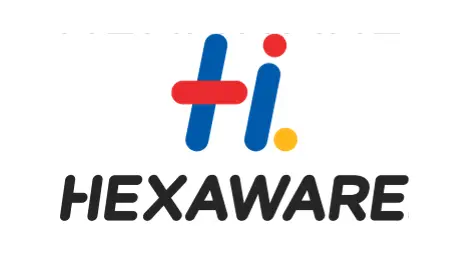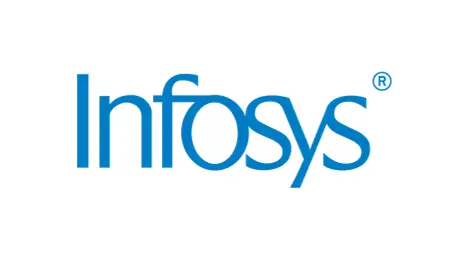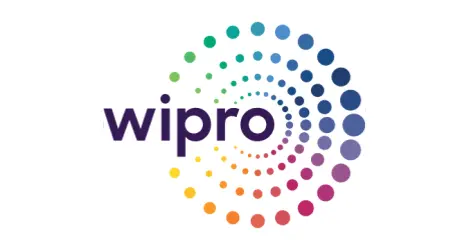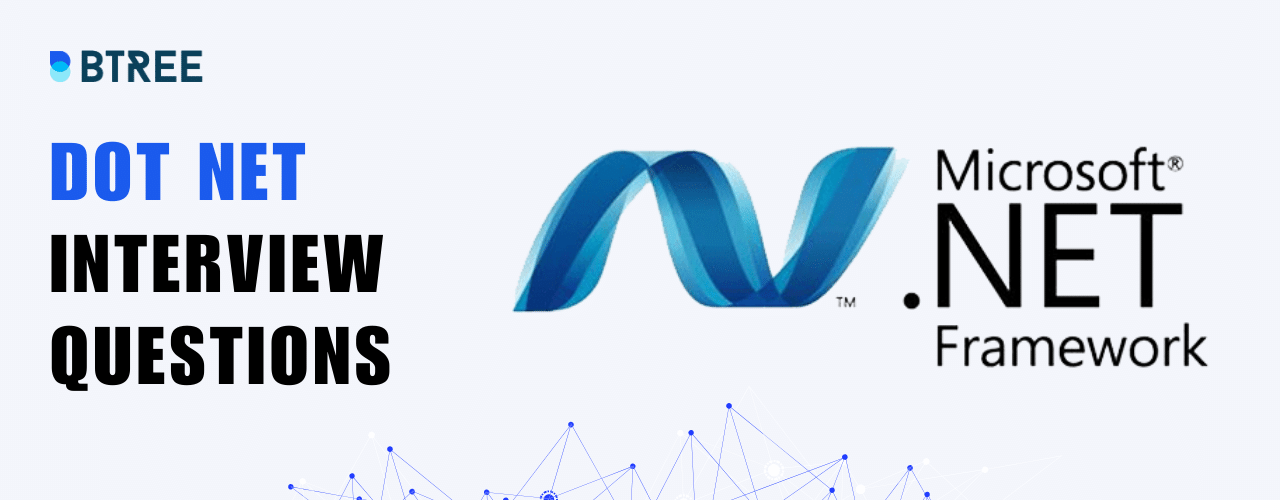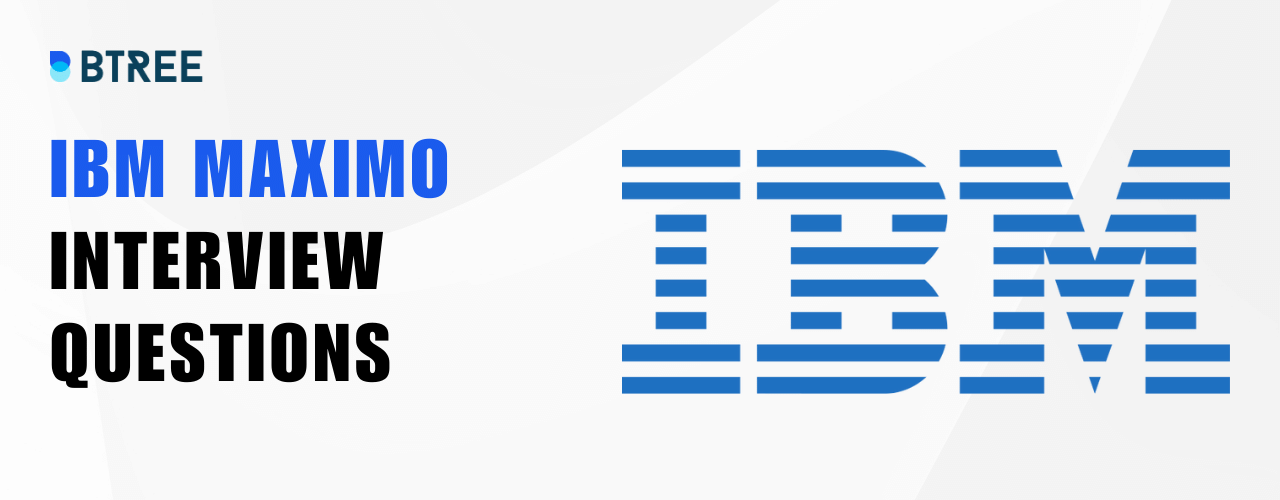Key Highlights
Overview of AWS SysOps Course in Chennai
BTree’s AWS SysOps Associate certification program is designed by industry experts to help system engineers and IT administrators gain experience in designing, operating and managing fault-tolerant systems on the Amazon Web Services cloud platform. This course is designed to help you pass the AWS SysOps Administrator Associate exam.
What is AWS SysOps Administrator?
AWS SysOps Administrators are in charge of managing, maintaining, and administering AWS or on-premise network systems. Amazon Web Services (AWS) is a public cloud service hosted in Amazon data centers worldwide.
What is AWS SysOps Administrator – Associate?
Systems administrators who manage highly scalable and fault-tolerant AWS systems can get benefited from the AWS SysOps Administrator – Associate (SOA-C02) exam. Candidates must show they can deploy AWS solutions for various situations by AWS best practices and analyze AWS environments for performance to earn the certification. Candidates for the AWS Certified SysOps Administrator Associate Certification must feel at ease implementing and overseeing complete production operations on AWS.
Why should I learn AWS SysOps?
The AWS Certified SysOps Administrator – Associate Level Certification attests to your proficiency in setting up, running, and maintaining systems that are hosted by Amazon Web Services. Your capacity to recognize, compile, and define requirements for an AWS-based solution is validated. Additionally, it certifies your capacity to suggest best practices all across a project’s lifecycle and offers AWS operations and deployment support.
Talk To Us
We are happy to help you 24/7
Career Transition
60%
Avg Salary Hike
40 LPA
Highest Salary
500+
Career Transitions
300+
Hiring Partners
Skills Covered
cloud
aws
Route53
Load Balancing
Lambda
RDS
EC2
AutoScale
AWS System Manager
AWS Elastic Beanstack
EFS
Storage Gateway
Serverless
Course Fees
19
Aug
SAT - SUN
08:00 PM TO 11:00 PM IST (GMT +5:30)
26
Aug
SAT - SUN
08:00 PM TO 11:00 PM IST (GMT +5:30)
02
Sep
SAT - SUN
08:00 PM TO 11:00 PM IST (GMT +5:30)
Unlock your future with our
"Study Now, Pay Later"
program, offering you the opportunity to pursue your education without financial constraints.
EMI starting at just
₹ 3,000 / Months
Available EMI options
3
Months EMI
6
Months EMI
12
Months EMI

Corporate Training
Enroll in our corporate training program today and unlock the full potential of your Employees
Curriculum for AWS SysOps Course in Chennai
Implement metrics, alarms, and filters by using AWS monitoring and logging services
- Identify, collect, analyze, and export logs (for example, Amazon CloudWatch Logs, CloudWatchLogs Insights, AWS CloudTrail logs)
- Collect metrics and logs using the CloudWatch agent
- Create CloudWatch alarms
- Create metric filters
- Create CloudWatch dashboards
- Configure notifications (for example, Amazon Simple Notification Service [Amazon SNS],Service Quotas, CloudWatch alarms, AWS Health events)
Remediate issues based on monitoring and availability metrics
- Troubleshoot or take corrective actions based on notifications and alarms
- Configure Amazon EventBridge rules to trigger actions
- Use AWS Systems Manager Automation documents to take action based on AWS Config rules
Implement scalability and elasticity
- Create and maintain AWS Auto Scaling plans Implement caching
- Implement Amazon RDS replicas and Amazon Aurora Replicas
- Implement loosely coupled architectures
- Differentiate between horizontal scaling and vertical scaling
Implement high availability and resilient
- Environments
- Configure Elastic Load Balancer and Amazon Route 53 health checks
- Differentiate between the use of a single Availability
- Zone and Multi-AZ deployments (for example, Amazon EC2 Auto Scaling groups,
- Elastic Load Balancing, Amazon FSx, Amazon RDS)
- Implement fault-tolerant workloads (for example, Amazon Elastic
- File System [Amazon EFS],Elastic IP addresses)
- Implement Route 53 routing policies (for example, failover, weighted, latency based)
Implement backup and restore strategies
- Automate snapshots and backups based on use cases (for example, RDS snapshots, AWSBackup, RTO and RPO, Amazon Data Lifecycle Manager, retention policy)
- Restore databases (for example, point-in-time restore, promote read replica)
- Implement versioning and lifecycle rules Configure Amazon S3 Cross-Region Replication
- Execute disaster recovery procedures
Deployment, Provisioning, and Automation
- Deployment, Provisioning, and Automation
Provision and maintain cloud resources
- Create and manage AMIs (for example, EC2 Image Builder)
- Create, manage, and troubleshoot AWS CloudFormation
- Provision resources across multiple AWS Regions and accounts (for example, AWS ResourceAccess Manager, CloudFormation StackSets, IAM cross-account roles)
- Select deployment scenarios and services (for example, blue/green, rolling, canary)
- Identify and remediate deployment issues (for example, service quotas, subnet sizing,CloudFormation and AWS OpsWorks errors, permissions)
Automate manual or repeatable processes
- Use AWS services (for example, OpsWorks, Systems Manager, CloudFormation) to automatedeployment processes Implement automated patch management
- Schedule automated tasks by using AWS services (for example, EventBridge, AWS Config)
Implement and manage security and compliance policies
- Implement IAM features (for example, password policies, MFA, roles, SAML, federated identity,resource policies, policy conditions)
- Troubleshoot and audit access issues by using AWS services (for example, CloudTrail, IAM Access Analyzer, IAM policy simulator)
- Validate service control policies and permissions boundaries
- Review AWS Trusted Advisor security checks
- Validate AWS Region and service selections based on compliance requirements
- Implement secure multi-account strategies (for example, AWS Control Tower, AWSOrganizations)
Implement data and infrastructure protection strategies
- Enforce a data classification scheme
- Create, manage, and protect encryption keys
- Implement encryption at rest (for example, AWS Key Management Service [AWS KMS])
- Implement encryption in transit (for example, AWS Certificate Manager VPN)
- Securely store secrets by using AWS services (for example, AWS Secrets Manager, SystemsManager Parameter Store)
- Review reports or findings (for example, AWS Security Hub, Amazon GuardDuty, AWS Config,Amazon Inspector)
Implement networking features and connectivity
- Configure a VPC (for example, subnets, route tables, network ACLs, security groups, NATgateway, internet gateway)
- Configure private connectivity (for example, Systems Manager Session Manager, VPCendpoints, VPC peering, VPN)
- Configure AWS network protection services (for example, AWS WAF, AWS Shield)
Configure domains, DNS services, and content delivery
- Configure Route 53 hosted zones and records
- Implement Route 53 routing policies (for example, geolocation, gproximity) Configure DNS (for example, Route 53 Resolver)
- Configure Amazon CloudFront and S3 origin access identity (OAI)
- Configure S3 static website hosting
Troubleshoot network connectivity issues
- Interpret VPC configurations (for example, subnets, route tables, network ACLs, securitygroups)
- Collect and interpret logs (for example, VPC Flow Logs, Elastic Load Balancer access logs, AWSWAF web ACL logs, CloudFront logs)
- Identify and remediate CloudFront caching issues
- Troubleshoot hybrid and private connectivity issues
Implement cost optimization strategies
- Implement cost allocation tags
- Identify and remediate underutilized or unused resources by using
- AWS services and tools (forexample, Trusted Advisor, AWS Compute Optimizer, Cost Explorer)
- Configure AWS Budgets and billing alarms
- Assess resource usage patterns to qualify workloads for EC2 Spot Instances
- Identify opportunities to use managed services (for example, Amazon
- RDS, AWS Fargate, EFS)
Implement performance optimization strategies
- Recommend compute resources based on performance metrics
- Monitor Amazon EBS metrics and modify configuration to increase performance efficiency
- Implement S3 performance features (for example, S3 Transfer Acceleration, multipart uploads)
- Monitor RDS metrics and modify the configuration to increase performance efficiency (forexample, Performance Insights, RDS Proxy)
- Enable enhanced EC2 capabilities (for example, enhanced network adapter, instance store,placement groups)
“Accelerate Your Career Growth: Empowering You to Reach New Heights in AWS SysOps”
Training Options
AWS SysOps Classroom Training
-
50+ hours of live classroom training -
Real-Time trainer assistance -
Cutting-Edge on AWS SysOps tools -
Non-Crowded training batches -
Work on real-time projects -
Flexible timings for sessions

AWS SysOps Online Training
-
50+ Hours of online Aws SysOps Training -
1:1 personalised assistance -
Practical knowledge -
Chat and discussion panel for assistance -
Work on live projects with virtual assistance -
24/7 support through email, chat, and social media.
AWS SysOps Certification Course in Chennai
AWS SysOps certifications are highly sought-after and we can assist qualified cloud workers in obtaining raises and high-paying IT positions.
We also support a variety of topics while evaluating certificate holders’ extensive understanding of specific parts of cloud computing. The most well-known and valuable certification test is for AWS SysOps Administrators.
Our mentor aid you in passing your AWS SOA-C02 Certification exam. You can easily pass AWS Certified SysOps Administrator – Associate with our online training, which includes the SOA-C02 practice exam.
Our expert team prepared this practice exam based on their 10+ years of expertise in the Operations sector and extensive knowledge of AWS Technology.
Knowledge Hub with Additional Information of AWS SysOps
Benefits of learning AWS SysOps Administrator
• AWS is the absolute market leader in the field of cloud computing. Therefore, finding a high-paying job in this industry would never be a challenge.
• You can manage routine AWS Cloud administration issues with the help of an AWS SysOps Certification.
• Comparatively speaking, AWS’ infrastructure model is more developed than those of other cloud computing firms.
• AWS SysOps helps candidates with traditional administrative backgrounds feel secure using AWS Cloud Infrastructure.
AWS SysOps vs AWS DevOps
Methodology of Delivery
The delivery approach is the initial point of comparison. The SysOps and DevOps implementation principles are represented by the delivery methodology. In the case of DevOps, delivery is heavily reliant on strong collaboration between the development and operations teams.
SysOps, on the other hand, follows the ITIL (Information Technology Infrastructure Library) methodology. The ITIL method places a strong emphasis on a set of precise criteria for delivering IT service management (ITSM) services.
Approach to Code Development
Collaboration between the developer and operations team is critical in code development in the case of DevOps. DevOps does not have a unique approach for deployments or introducing changes to a specific application. As a result, with DevOps, you are more likely to meet an unpredictable rate of code modification. However, in this scenario, SysOps tends to be the polar opposite of its competitor in the SysOps vs DevOps fight. SysOps specialists provide a uniform approach for deployments and adjustments to the developer team.
Implementation of Changes
In the case of SysOps, modifications are implemented on the servers. The SysOps teams do the necessary server updates. DevOps, on the other side, means the application of modifications to the code. As a result, while SysOps teams focus on servers, DevOps teams work with code in their heads. As a result, we can see a distinction between AWS SysOps and DevOps in terms of implementing code modifications.
Roles and Responsibilities of AWS SysOps Administrators
AWS SysOps Administrator is someone who provides the necessary knowledge and competence about the operation of cloud computing. AWS SysOps Administrators deploy, administer, and run various essential systems on an AWS platform. These experts also analyze the fixing and managing of the AWS infrastructure within their organizations.
• Manage the whole AWS life cycle, including security, provisioning, and automation.
• Managing and designing the architecture of multi-tiered systems.
• Configuring and fine-tuning various cloud infrastructures.
• Services such as kernel patching, errata patching, and software updates are performed.
• Backup creation and disaster recovery management.
• Maintaining access control as well as data integrity across the AWS application platform.
• Monitoring performance and availability effectively.
AWS SysOps Administrator Salary wages
AWS Sysops Administrator salaries in India range from 2.7 Lakhs to 9.8 Lakhs per year, with an annual income of 5.1 Lakhs being the average. With less than one year of experience to seven years of experience, the AWS Sysops Administrator’s pay in India ranges from 2.7 Lakhs to 9.8 Lakhs, with an average yearly wage of 5.1 Lakhs.
According to Glassdoor, the average annual salary of these experts in India is roughly 711,000, with the potential to climb to 1,170,000 depending on position and experience.
Our Student feedback
Hear From Our Hiring Partners
Lead recruiter at Wipro
System Engineer
BTREE's Placement Guidance Process


Placement support
Have queries? We’re here for you! We support you with 24X7 availability with all comprehensive guidance.

AWS SysOps Sample Resume
Build a robust resume with battle-cut tools to land your dream job. Impress any recruiter with a rock-solid CV and personality!

Free career consultation
Overwhelmed about your future career? We offer free career consultation that helps you to figure out what you want to become.
Our Graduates Works At


FAQ for AWS SysOps Course in Chennai
Why should I learn AWS SysOps training at BTree?
Every students is assisted in working on real-world projects and assignments as part of this course, which helps you quickly advance in your career by working real-world industrial settings. There is a quiz after this training course that accurately simulates the questions on the certification exam and raises your overall score.
BTree provides free lifetime access to videos and course materials, as well as 24/7 support and course material upgrades to the most recent version. As a result, it is a one-time investment.
Is coding required for AWS?
If you wish to begin the AWS certification training course, it is preferable though not necessary to have some fundamental programming skills
What if I miss the session?
You can examine the recordings of each AWS SysOps course that BTree Systems offers before the next session if necessary. You can take any lessons you want for 60 days. Our Flexi-pass is now available.
What is covered under the 24/7 support?
We provide email, chat, and phone help 24/7 support. We also have a specialized team that offers on-demand help via our community forum. Furthermore, even after you can complete your course and have lifetime access to the community forums.
Are there any prerequisites?
Yes, one should have complete AWS Technical Essentials course or significant hands-on professional experience in operating AWS-based applications.
Does BTree assist placement after completing the AWS SysOps course?
More than 100 pupils were placed. We provide for the requirements of the students during placements through a specialized placement portal. Technically we offer development programs such as mock interviews and presenting skills to help students prepare for difficult interview situations.
What are the different modes of training that BTree Systems offer?
BTree Systems offers a variety of training options to students, including
Classroom Training
One-to-one instruction
Fast Track Training
Customized Training
Where can I book a free demo session?
You can reach us at 044-4560 5237, and we will get back to you as soon as possible.
Is that online training available?
As part of the online classroom instruction for the Azure certification, every class is live streamed online.
The lessons are led by an Azure-certified trainer with over 15 years of work and training experience.
What are the payment options?
Payments can be made using any of the following methods, and a receipt are emailed to you automatically for both classroom and online instruction. We newly added EMI options for all courses.
Visa Credit/Debit Card
EMI options
Master Card
PayPal
Net Banking
Google Pay, PhonePe, and Paytm.
Are you Located in any of these locations
Adyar
Anna Nagar
Besant Nagar
Chromepet
Guindy
K.K. Nagar
Koyambedu
Chromepet
Nandanam
OMR
Perungudi
Mylapore
Poonamallee
Porur
Saidapet
Sholinganallur
T. Nagar
Teynampet
Vadapalani
Velachery
Find Us
Address
Plot No: 64, No: 2, 4th E St, Kamaraj Nagar, Thiruvanmiyur, Chennai, Tamil Nadu 600041
